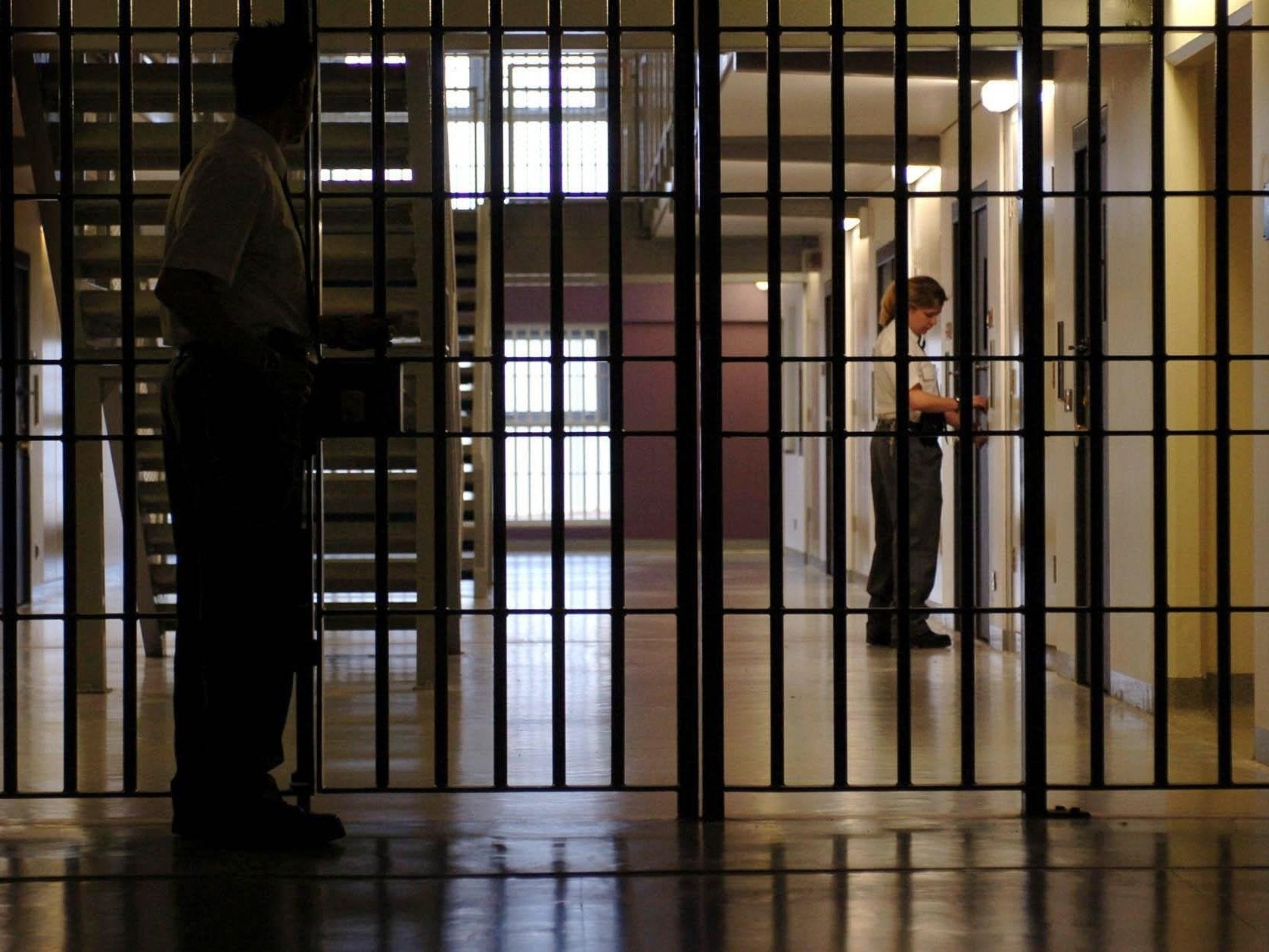New technology pinpoints prison cells where mobile phones are used for drug dealing and violence
Real-time alerts are sent when a phone is used behind bars – with the ability to identify the location to the precise cell

Prisoners using illegal mobile phones are being detected in their own cells, thanks to new technology aimed at cracking down on drug dealing and violence.
The specialist equipment has been introduced to send real-time alerts when a phone is used behind bars – with the ability to identify the location to the precise cell.
The alerts are shown on a digital heat map, which identifies the strength of the signal to an exact area, the Ministry of Justice (MoJ) said.
Prison wardens can also track data over time to watch for emerging patterns, such as the timing of drug-smuggling plots.
For security reasons, only basic details about the technology – already in place in five, unidentified, prisons – have been released.
David Gauke, the justice secretary, said: “As criminals look for new ways to smuggle contraband into prisons, it is vital that we stay one step ahead, and this kind of technology will help prevent them operating from their cells.
“This is vital to ensuring prisons are places of safety and rehabilitation, where offenders can turn their backs on crime for good.”
Authorities have identified the illegal use of phones as one of the most significant threats facing the prison service.
In the 12 months to March last year, there were 10,643 incidents where mobiles were found in prisons in England and Wales, a 15 per cent increase compared with the previous year.
Officials say phones can be used by prisoners for illegal activities including drug supply, maintaining outside criminal networks and terrorising victims.
Earlier this month, it was revealed that the number of social media accounts shut down at the request of prison authorities had surged after hundreds of inmates used smuggled phones to post from behind bars.
And, last month, three dead rats stuffed with mobiles and drugs were found at HMP Guys Marsh, in Dorset.
The MoJ said the phone-detecting technology is part of a wider multi-million-pound strategy to restore stability to prisons.
Other measures include security scanners, improved searching techniques, phone-blocking technology and a financial crime unit to target “criminal kingpins” operating in jails.
The MoJ also insists prison officer numbers are on the rise, after previous cuts, with 4,700 recruits since October 2016 delivering the highest staffing levels since 2012.
The Interference with Wireless Telegraphy Act, passed last December, gave prisons the power to disrupt mobile telephone signals and prevent illegal use of mobiles by inmates.
Read More: Compare providers and find the best deals with our Mobile Phone Deals page
Join our commenting forum
Join thought-provoking conversations, follow other Independent readers and see their replies
Comments
Bookmark popover
Removed from bookmarks